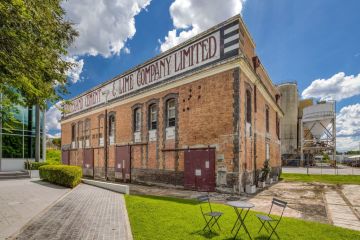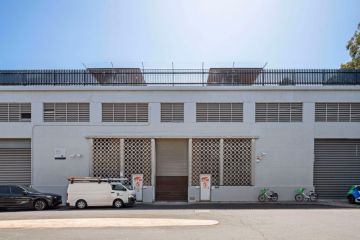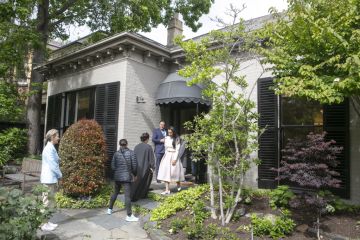The ‘blue nomads’ who sold their home to WFY (work from yacht)

Anita and Mike McMahon had always wanted to live on a yacht full time, but that was not a possibility. That is, until the pandemic struck.
The couple had already sailed international waters before 2020 for holidays to New Caledonia and Vanuatu. But once COVID-19 reached Australian shores, they packed up their lives on land and set sail permanently.

And they haven’t looked back since, thanks to the WFH (work from home) phenomenon, which has allowed them to WFY (work from yacht) on their vessel Curried Oats.
“COVID presented a phenomenal opportunity for people, certainly in my age group, to be mobile,” Anita said from Cairns Marlin Marina, where the couple’s yacht moored.
“We always had this dream of being able to work from a boat. We weren’t wanting all the stress and hassle of having to commute to work and having to be in an office space during very regimented hours.”
She said while working from home was an initial culture shock for most working Australians, they were thrilled with the amount of flexibility that was afforded to them as well as escaping most pandemic restrictions.

“We have managed to avoid every major lockdown because that lifestyle enabled us to still continue working when we wanted to, I guess needing to, it’s an expensive business.”
The pair, who are approaching retirement, call themselves blue nomads – grey nomads at sea – but still work occasionally to fund the upkeep of their yacht.

Anita, 61, an administration worker, and Mike, 64, a systems engineer, have managed to log on from their unconventional home as they enjoy the changing scenery along the eastern seaboard.
“The boat is our home and I get a different backyard every few days, preferably a blue one and preferably a warm one,” Anita said.
But the transient lifestyle is not without its challenges, which include having no fixed postal address and maintaining their yacht.
“If you need to buy something, even a part for the boat, you’ve got to send it somewhere,” she said, adding they redirect their post to their son and notify the electoral commission at voting time.
“The boat does require regular maintenance and that’s part of why being able to hook in and out of work is such a flexible thing. If we need to get something for the boat, rather than use savings or credit cards, we can work to repair the boat.
“It’s a very symbiotic relationship with our boat. She looks after us and we look after her.”
To fund their sea change, the couple traded in their long-term family home in Port Stephens in March for a property in Gladstone that serves as their secondary income and awaits them when they decide to retire.
But for now, Curried Oats is home. “We see it as a great opportunity that gives us a lot of flexibility. In mid-July we’re going to head to Indonesia. In the interim, we have capitalised on the proximity to connectivity [for work].”
We recommend
We thought you might like
States
Capital Cities
Capital Cities - Rentals
Popular Areas
Allhomes
More
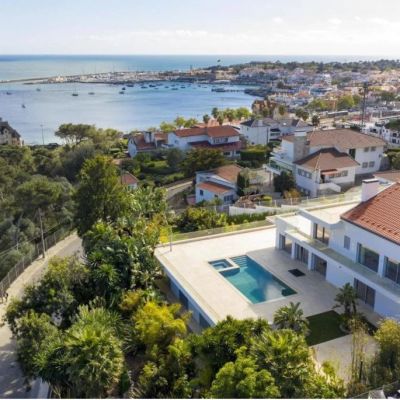
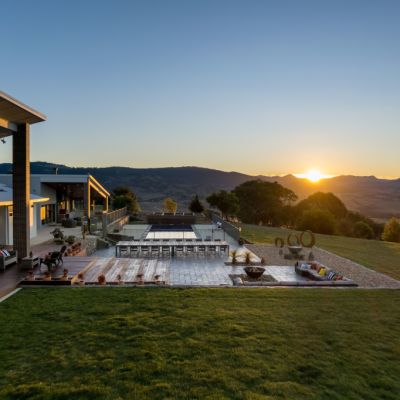
/http%3A%2F%2Fprod.static9.net.au%2Ffs%2F3819b462-fe3b-4aaa-9a9a-d9e70b0be05e)



